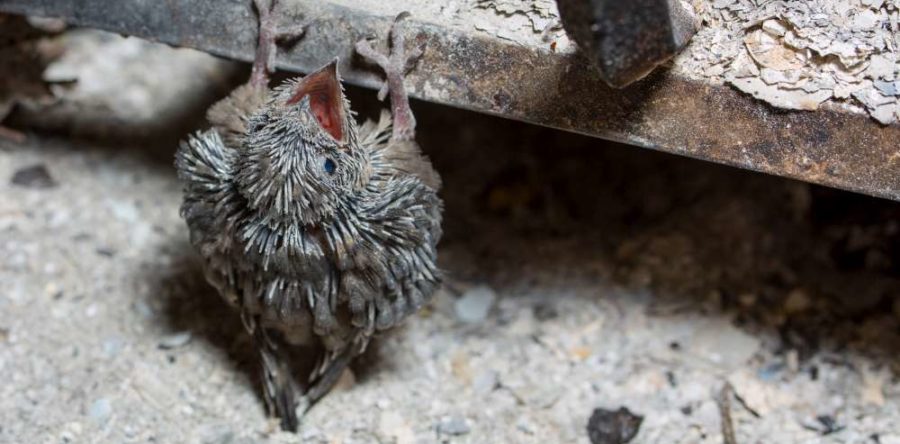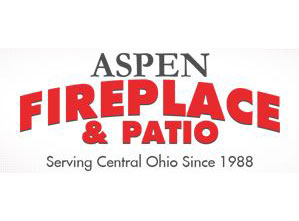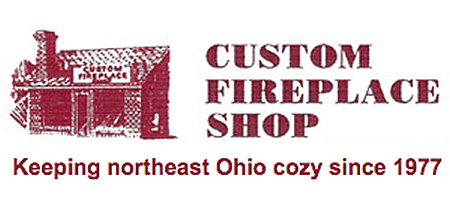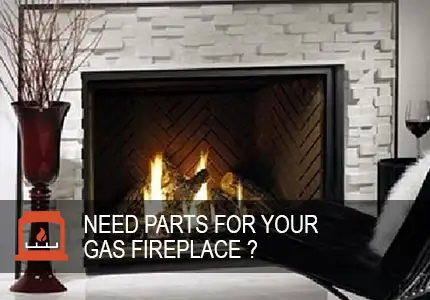The aroma of wood burning in your favorite fireplace can be quite enjoyable. However, the contrary is true when your appliance releases a creosote smell when not in use. Chimneys are designed to vent gases outside of your home. Fumes drifting into your house in this instance means that something is disrupting the airflow of your chimney. If you are experiencing this situation, it is most likely because of one of these 5 reasons.
Debris
Leaves, small branches and other kinds of debris can collect on top of the chimney. Along with stanching the flow of air out of your chimney, the debris may begin to smell like rot as leaves and other organic materials decompose. A professional chimney sweep will be able to quickly resolve this problem by cleaning out the debris. It would be smart to invest in a chimney cap to prevent further debris from collecting in your chimney.
Dead Animals or Scat
Animal-related smells are another common cause of a smelly fireplace. Birds, bats, snakes and other small animals have all been known to nest in chimneys. The stench of a dead animal or animal droppings is frequently the cause of chimney odors.
If you have a federally protected animal nesting in your chimney, such as a Chimney Swift, removal of the nest will not be immediately possible unless the animal is dead. When a Chimney Swift is nesting in your chimney, the best option is to wait until the swift has moved on. Some people have success installing a fake chimney in their yard that is designed for Chimney Swifts so that it can nest there instead.
No matter what the situation is, a chimney cap can help prevent these intrusions.
Moisture
Is the smell coming down your chimney musty? If so, the odor may be caused by excess moisture in your chimney. When moisture combines with creosote it can produce a strong smell, especially in the heat of the summertime. This is the usual warning sign of a bigger problem. Too much moisture in your chimney can cause more serious problems than a strong smell. It can rust the damper causing it to malfunction or result in serious structural damage to your chimney and flue lining. If caught early, the solution may be as simple as adding a rain cap or waterproofing the chimney.
Creosote and Soot Deposits
Creosote and soot are by-products of burning fuel that build up in chimneys. Both can look flaky or powdery. As creosote accumulates it can become a tar-like substance that is highly combustible. The buildup of creosote and soot can smell like asphalt or an unappetizing barbecue. Eventually, this buildup can block the opening of your chimney if it is not regularly cleaned out. Professional chimney sweeps have the equipment to clean these combustible materials out of your chimney. Along with reducing your chimney’s odors, removing the buildup of soot and creosote helps to prevent a chimney fire.
Negative Air Pressure
Even the best chimney sweep can’t eliminate all smells from your chimney. Soot and creosote seep into the masonry, leaving behind a smell even after they have been removed. If your chimney is functioning properly, these odors will drift outside. If a negative air pressure is created, a downdraft will draw the smell into your home. When you still smell a strong smell from your fireplace after your chimney has been cleaned, it is a good indicator that your home has negative air pressure.
Alterations to your home such as remodeling, weatherizing and adding a venting system can all result in negative air pressure. When a home is too tightly sealed, it will draw air from other places. A chimney often provides the least resistance. There are a few ways that you can prevent this reverse draft from drawing odors into your home:
- When your fireplace is not in use, keep the damper closed. If your damper does not seal tightly, the problem may still occur.
- At the top of your chimney, have a top sealing damper installed. This can help a great deal but be sure to open it when you use your fireplace.
- Have glass doors installed on your fireplace.
In any case, you must contact a qualified expert such as a chimney sweep to find out the cause of your problem and to fix it.










4 Responses